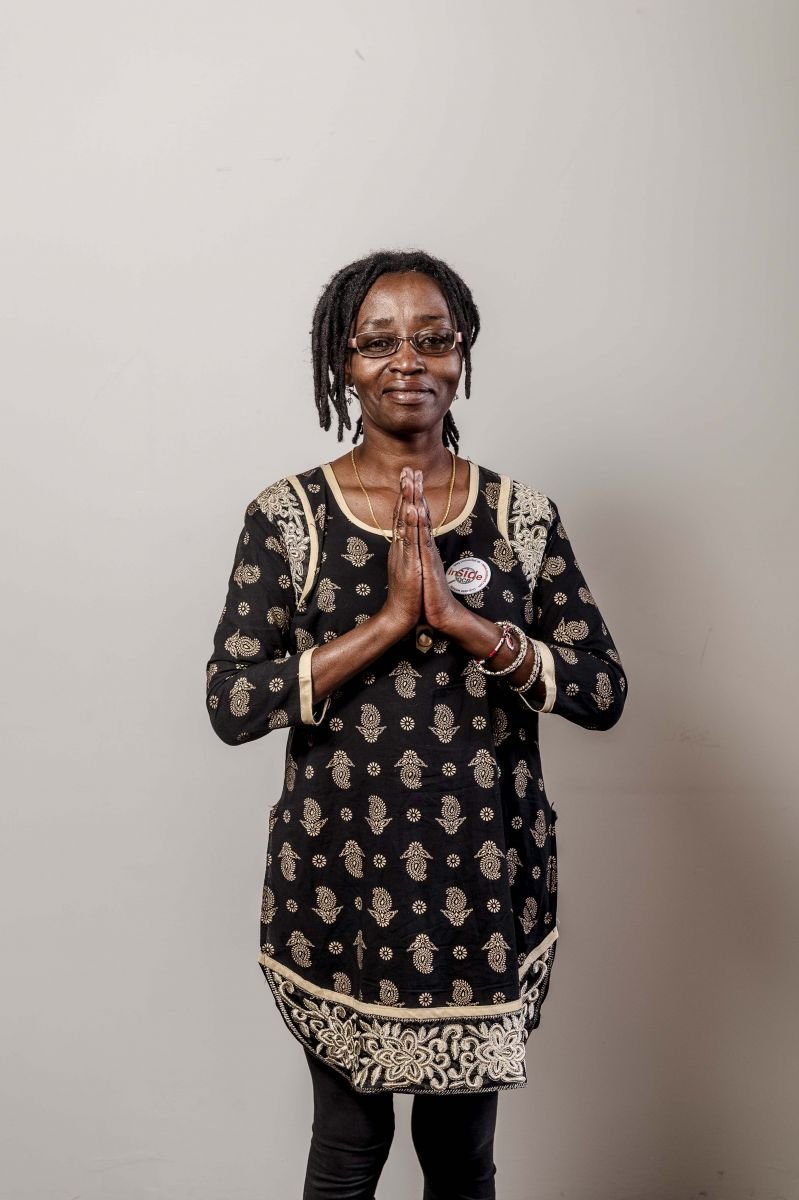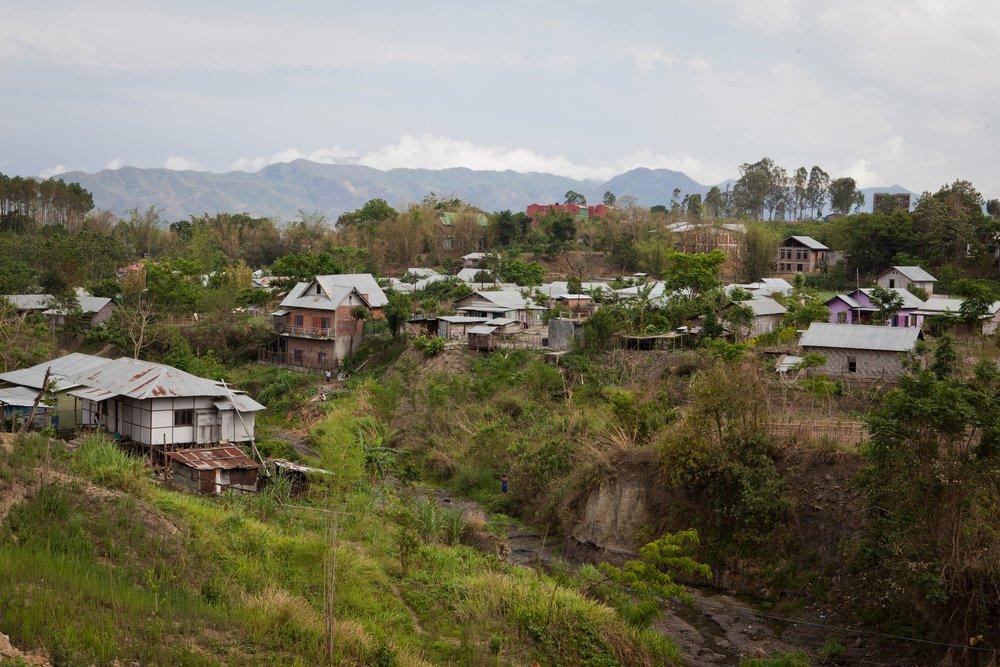Tambu Matambo recently returned from a field assignment of 3 years working in India working as a project coordinator, in Chhattisgarh and Manipur. Despite her deep experience and having worked in conflict-ridden South Sudan and Afghanistan before, it was not until working in India that Matambo’s leadership was tested.
As a field-based, patient centred medical humanitarian organisation, fieldworkers at Doctors Without Borders (MSF) work often continues with the echoes of bombs in the distance or under other trying circumstances.
For many, these are challenging conditions.
However, for others the most challenging part of the job is different. “I will say that it’s people management.
People management is a challenge,” explains nurse/midwife and MSF Southern Africa fieldworker, Tambu Matambo.
Matambo recently returned from a field assignment of 3 years working in India working as a project coordinator, in Chhattisgarh and Manipur. Having joined MSF in 2006 in the role of Decentralization supervisor, she has 13 years of fieldwork under her belt, making her one of MSF Southern Africa’s longest-serving fieldworkers to date.
Despite her deep experience and having worked in conflict-ridden South Sudan and Afghanistan before, it was not until working in India that Matambo’s leadership was tested.
‘Management is 10% work and 90% people'

India is the world’s second-most populous country with a population of 1,3 billion people, consisting of two thousand ethnic groups or tribes.
As part of its employment strategy, MSF always employs local staff from the country where it works and in multi-ethnic settings this can sometimes be challenging for collaboration.
“There are many different tribes in the areas we are working in. Different tribes from different backgrounds don’t usually see eye-to-eye or they differ in terms of viewpoints. And sometimes this can create tension,” says Matambo.
Understanding that this behaviour was counterproductive, it was important for Matambo to find a solution that would encourage the staff to put their differences aside and work as a team. The solution she would come up with needed to be a vision that the staff would buy into, believe and own.
Having spent such a long time in India the one thing she recognised was how proud each citizen was of their respective tribe. And with that in mind, she introduced the ‘MSF Tribe’.
“I decided, why not bring in a new tribe into the workplace. During one of our meetings, I explained to the team that we’re all there, for one thing, our patients. We are all MSF. When people see us outside they just see MSF and they don’t see our different tribes,” explains Matambo.
The MSF tribe is guided by medical ethics and the principles of impartiality, independence and neutrality.
They help people worldwide where the need is greatest, delivering emergency medical aid to people affected conflict, epidemics, disasters, or exclusion from healthcare.
They do so irrespective of gender, race, religion, creed or political convictions.
She encouraged staff to always come to work with an item that identified them as being part of the MSF tribe, this would be their tag as a tribe.
“If someone from the team didn’t have their tag we would jokingly ask them; ‘which tribe are you from because we’re from the MSF tribe?’. Having one tribe meant that we had one language; we had one topic we could talk about – and we had one goal,” says Matambo.
So, did it work?
“It took six months for the team to get comfortable with the MSF tribe. Before it, I felt that people were divided after it was introduced I saw a change. It brought the team together, we became one. Even at my farewell, I reminded them that we are one tribe. They are committed to keep it going,” Matambo explains.
Read about MSF's activities in India
